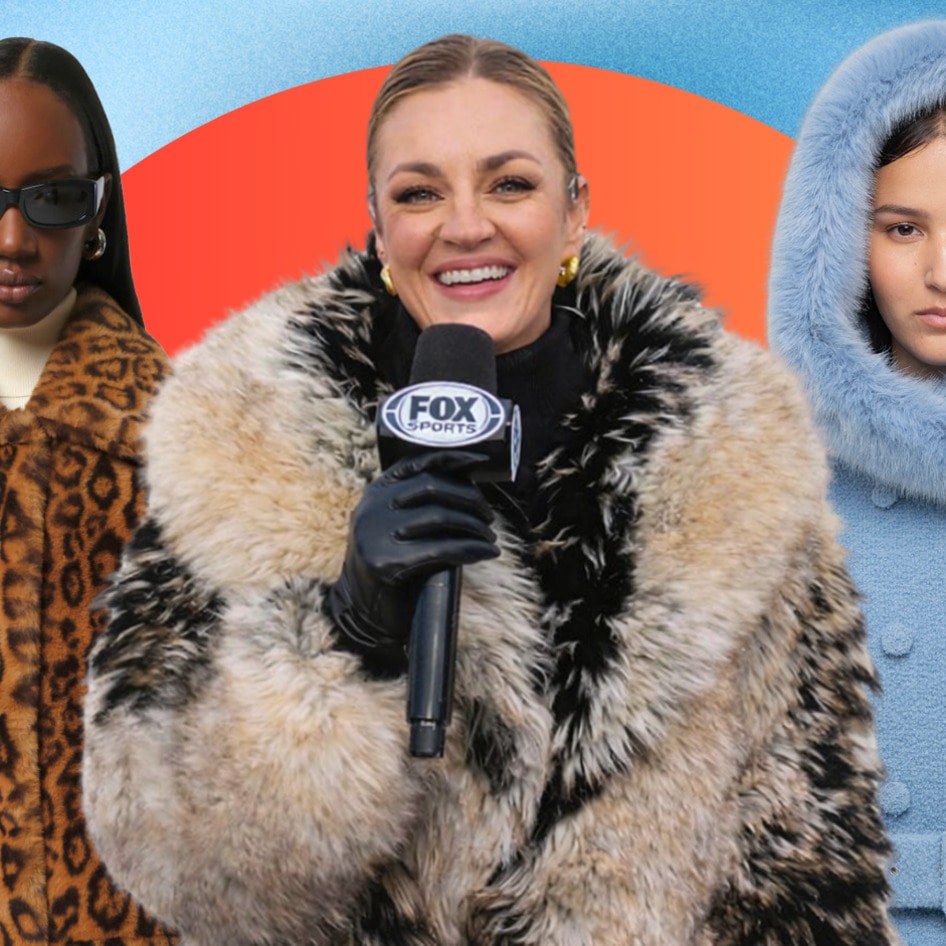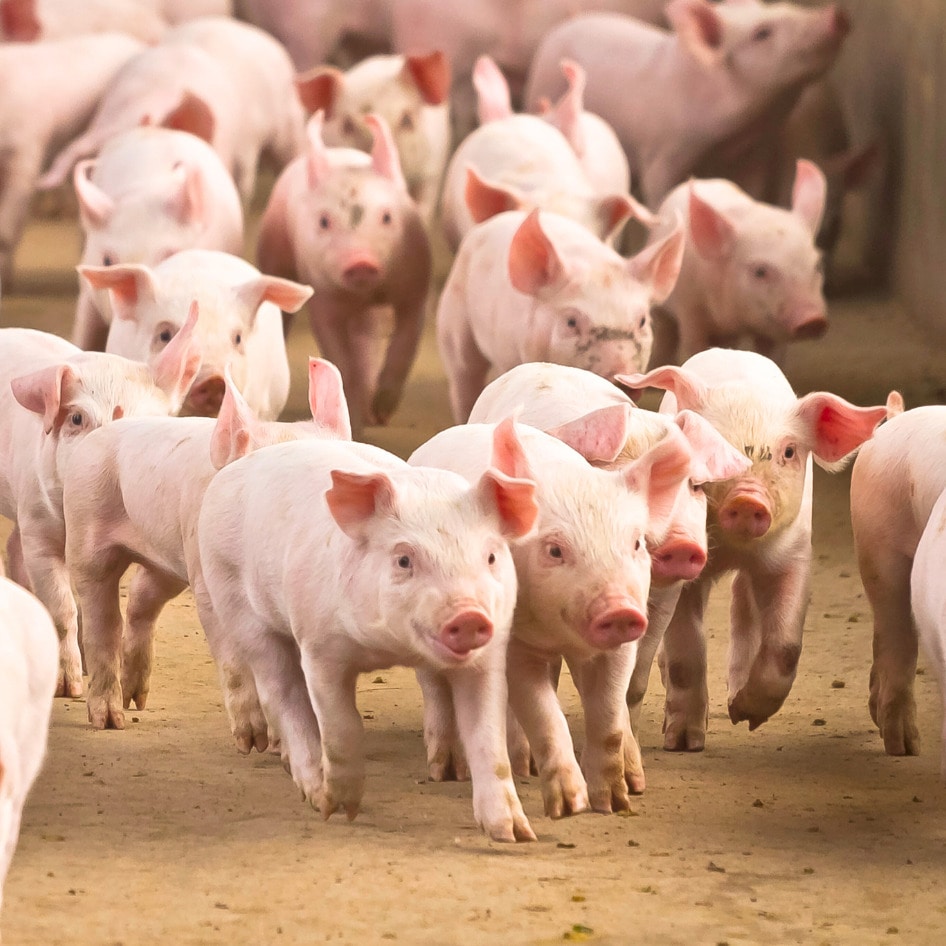Animal-rights groups in Canada and the United Kingdom are calling on local governments to ban fur farming after mink on farms in the Netherlands tested positive for the COVID-19 virus. The Dutch Agricultural Ministry said it assumes the infected mink contracted the virus from farm employees, and the farms have since been quarantined. But Humane Society International/UK and British-Columbia-based The Fur-Bearers believe the intensive farming of wildlife, such as mink, fox, raccoon dogs, and rabbits, creates an unnecessary and unacceptable risk to human and animal health.
“Fur factory farms are breeding grounds for infectious diseases, confining thousands of wild animals in unsanitary, crowded and stressful conditions, with precious little veterinary care,” Claire Bass, executive director of Humane Society International/UK, said. “In addition to the animal suffering that’s an unavoidable fact of the fur trade, the potential for zoonotic disease spread is another compelling reason for all fashion companies to go fur-free, and for governments to take action to shut down this dirty trade. One of the lessons we must learn from COVID-19 is that we cannot carry on pushing animals to the limit of their endurance without serious consequences for both animal and human health. We urge the Netherlands and other countries in the process of phasing out fur farming to speed up their industry closures, and countries yet to commit to bans, including China and Finland, to do so now.”
In 2019, California became the first US state to ban fur sales following similar bans in cities including Los Angeles, San Francisco, Berkeley, and West Hollywood. In 2020, Hawaii and Rhode Island have introduced fur sales ban proposals, as have cities in Minnesota and Massachusetts.
JUMP TO ... Latest News | Recipes | Guides | Health | Subscribe







